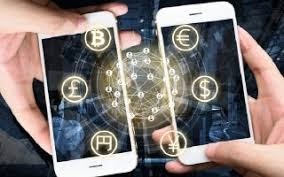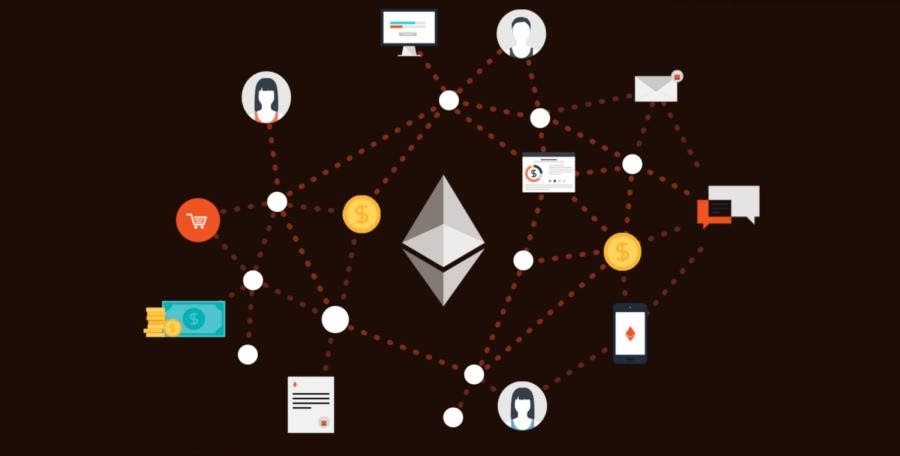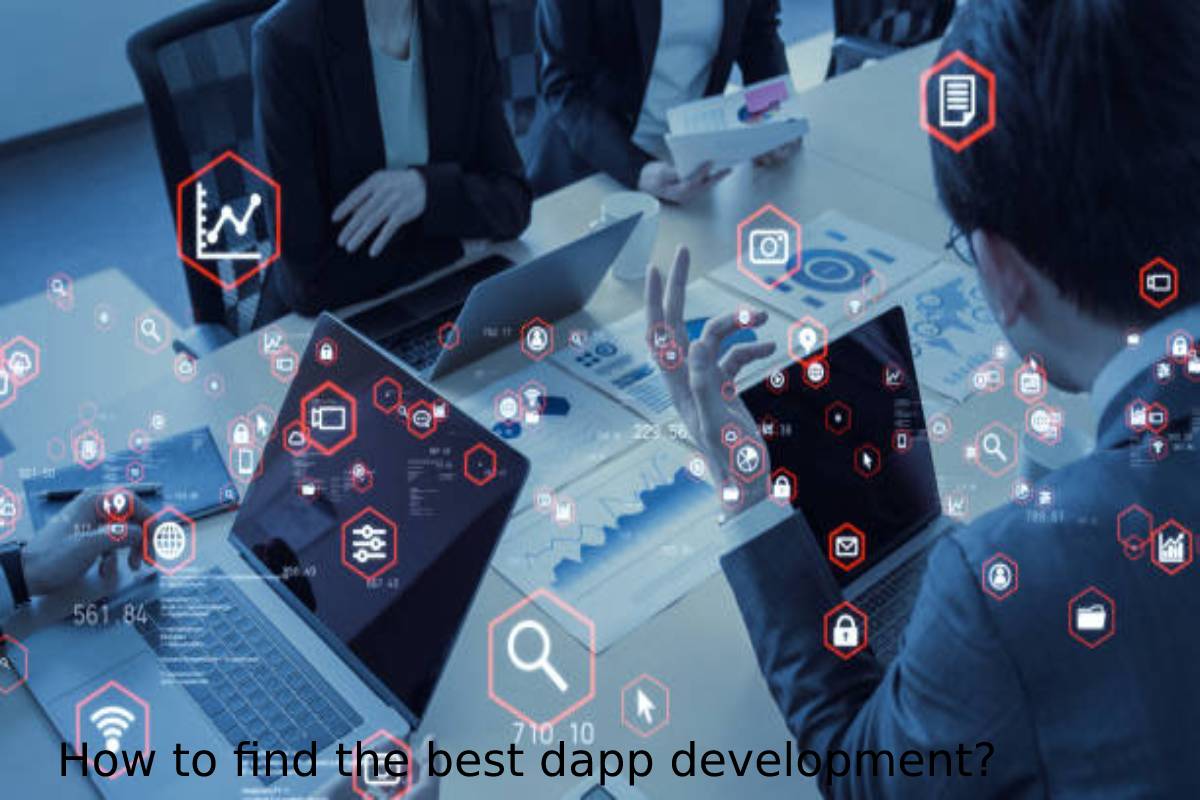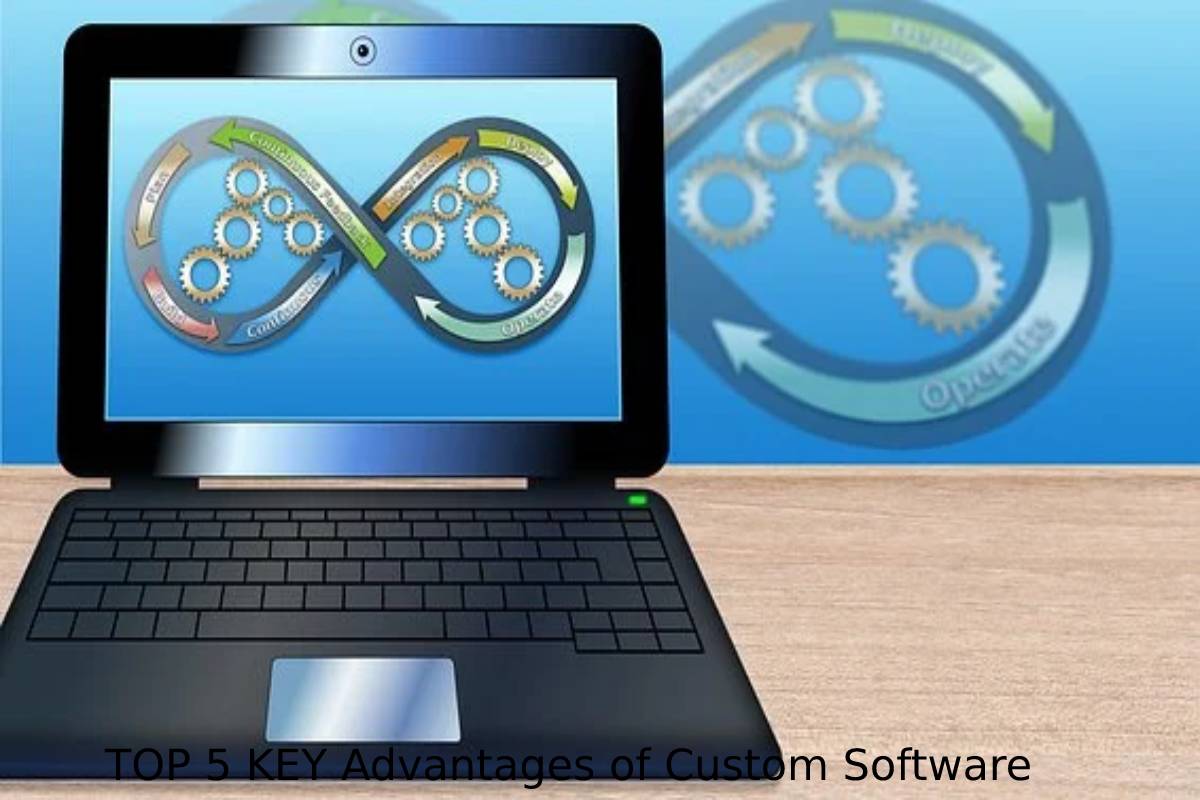Decentralized Application (DAPP) – An application running on a decentralized peer-to-peer network. All data exchange between suppliers and users in it takes place directly without using a central server. Can have not only backend code but also user interface with cryptocurrency exchange software development.
Characteristics of a decentralized application (DAPP):
- has open source, stand-alone code;
- works on the blockchain;
- users exchange tokens in exchange for access to it;
- the application generates tokens;
- miners receive tokens for their contribution to the operation of the system;
- application data is stored on the blockchain.

Types of Decentralized Applications (DAPP):
- For financial management. It’s using internal currencies, users conduct transactions with each other on the blockchain network;
- To integrate money with events in the world. A smart contract is concluded between a buyer and a seller. If certain conditions are met, the transaction is completed without human intervention;
- Autonomous decentralized organizations. They do not have a leader, they work autonomously. And among the participants there can be a person from any country.
Table of Contents
What are decentralized applications (DAPP) used for
First of all, they make it possible to decentralize the backend code and application data, which protects them from outside interference. By using such protection and operation mechanisms, a wide variety of uses can be found for this type of application.
DAPP advantage over regular application:
- users do not need to register or subscribe to the service, all interaction takes place using a system of keys (public and private);
- users have the opportunity to conduct transactions with cryptocurrencies directly among themselves, without involving a payment operator;
- more trust from users thanks to an open data security code, and if necessary, transactions are easily audited.
Now, developers of decentralized applications https://unicsoft.com/blockchain-development/ for the most part prefer to use the Ethereum platform, But it also has competitors (Lisk, RSK, Cardano, NEO). At the moment, we can say with complete confidence that even the early stage of DAPP development points to an impressive future for these systems.

DApps – decentralized applications – is the next stage in the development of blockchain technology. It opens the way for a huge number of projects. It’s field of activity may not be limited to finance. We have written quite a lot about smart contracts. They are most often mentioned in the context of Ethereum. Let us remind you that with the help of them it is possible to carry out transparent and conflict-free transactions with money, property rights, shares and any other values. It’s without resorting to the services of intermediaries. The provided opportunities make them quite an effective tool. However, they have a lot of restrictions and require very high competence in the team. Since after the moment of launch they cannot be changed.
DApps, on the other hand, allow you to solve these problems and develop applications to meet a wider range of needs. They provide the ability to participate in the interaction of an unlimited number of IoT users and gadgets. Imagine that your car, instead of passively waiting, will carry passengers. It will bring you money while you are in the office.
With the use of decentralized application technology, such a world becomes real. Anything can be monetized. With proper development, the entire technological landscape can change dramatically.
At the moment, the main properties of any DApp have been formed:
- availability of open source code available for study;
- decentralization (any operation is recorded in a public distributed ledger);
- a system of incentives and rewards (network participants must be interested in authenticity and security);
- the presence of a mechanism for reaching consensus (more on this here).
DApp can be imagined as an ordinary web application with a non-trivial structure. The user will interact with the familiar interface (Front End). While the incoming request will be processed through a smart contract and recorded in the blockchain. In this way, decentralized applications make it possible to connect customers. And they connect service providers directly.




